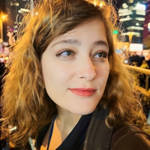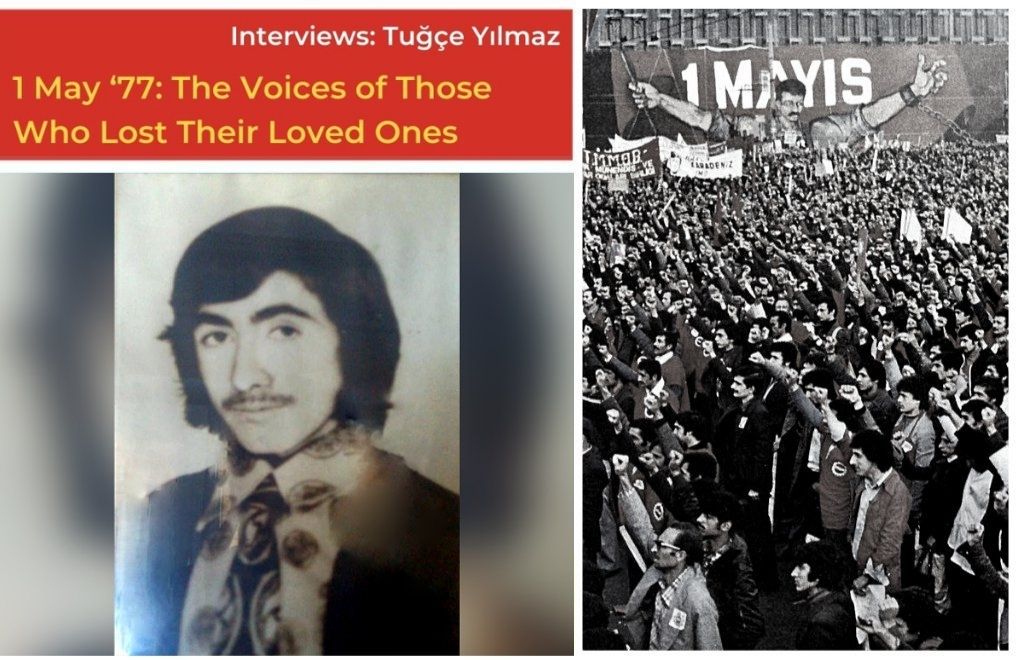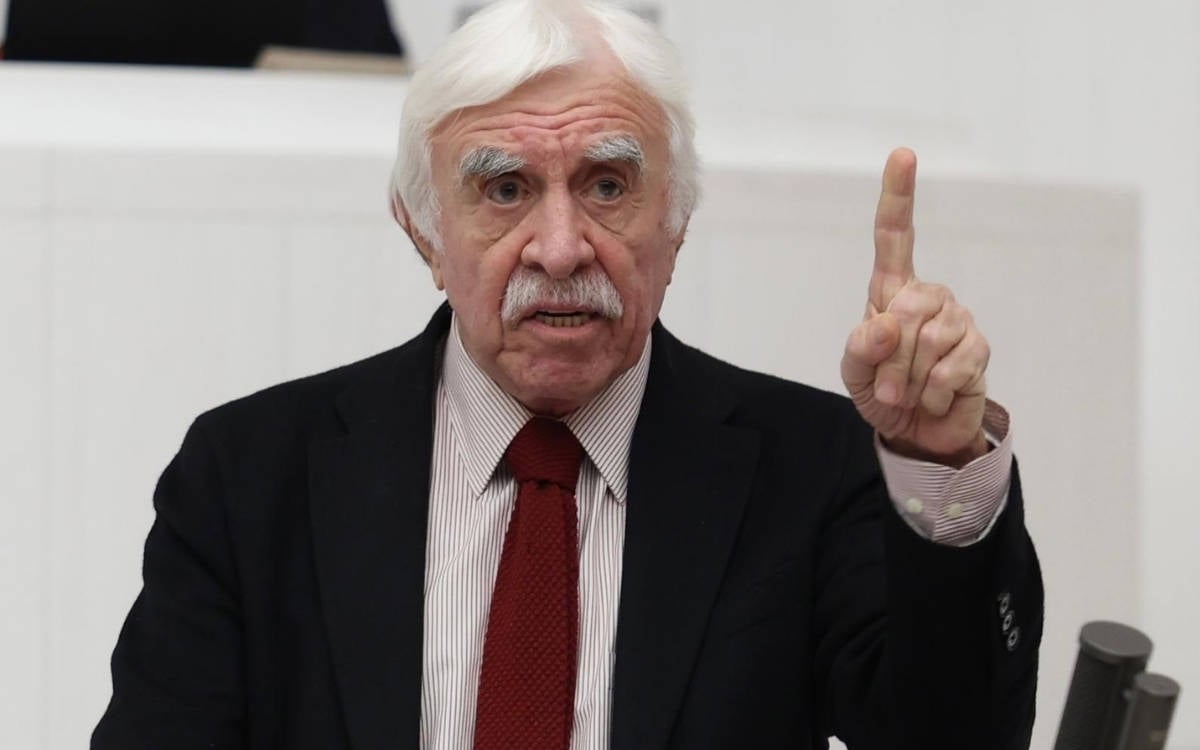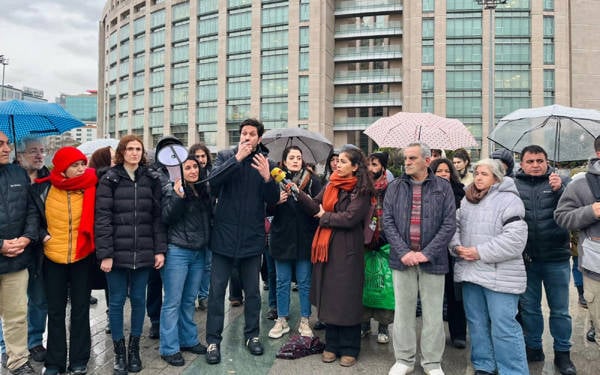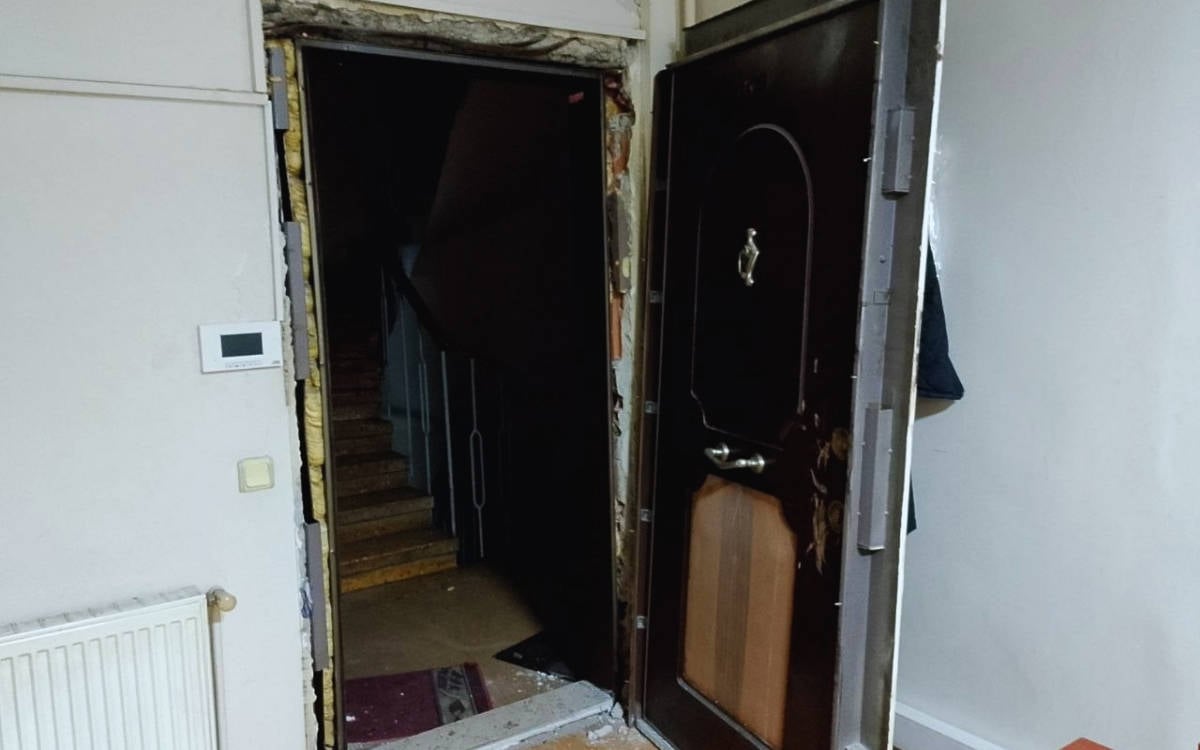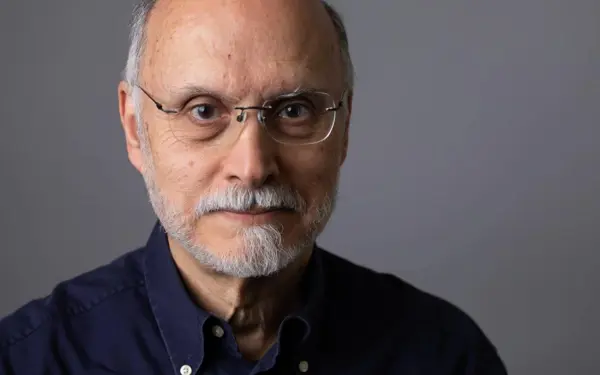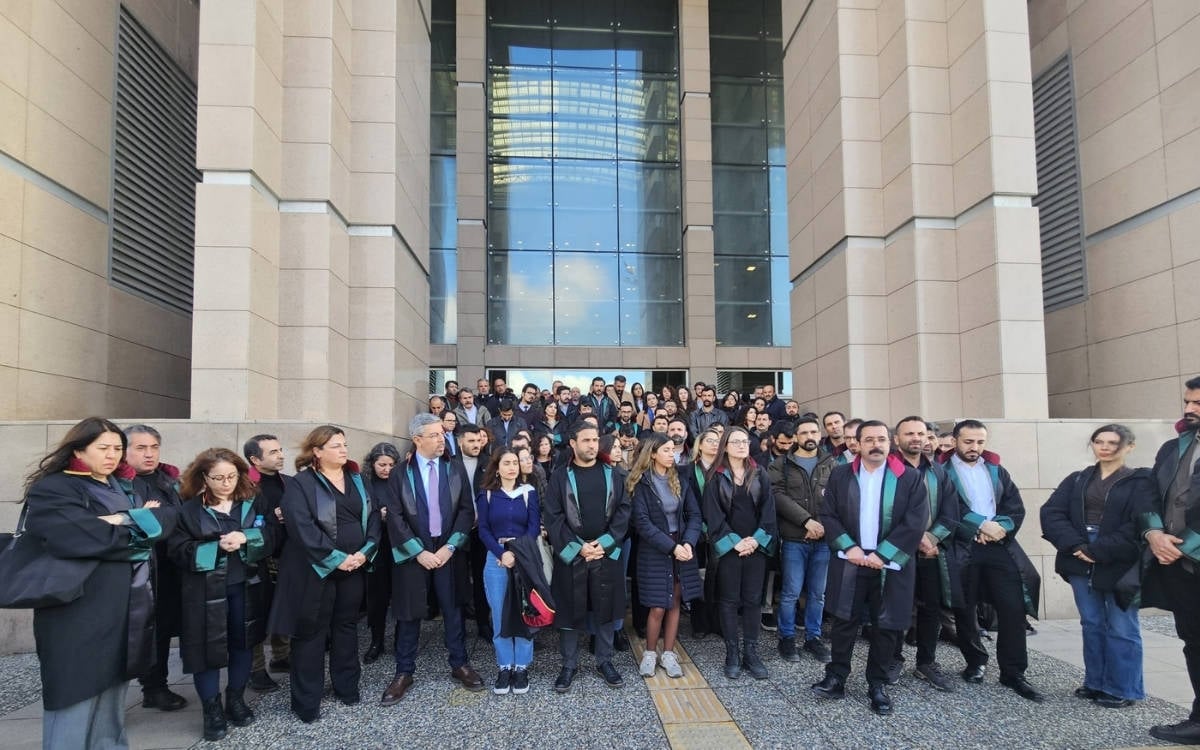Click to read the article in Turkish
Ali Sidal was born in 1959, his place of birth is registered as Nazimiye in Dersim. He was a labourer. Had he lived, he would today have been 61 years old.
Ali Sidal was just 18 when he lost his life in Taksim Square, after coming to Istanbul to provide financial support to his family. He had asked his boss for permission to be at the First of May demonstrations, and his boss had told him to go, that it was his right to be there. So that is what he did.
Mechanical asphyxia
According to the autopsy report, the cause of Ali Sidal's death was mechanical asphyxia due to compression of the chest.
The report also stated that the external cuts and bruises on his body may have been caused by falling or having been pushed to the ground.
Contacting a relative
To hear Ali Sidal's story, I first contacted his relative, Haydar Sidal. Haydar Sidal remembers Ali's long hair and flared trousers. He would sometimes see Ali Sidal when he visited his hometown of Nazimiye.
As far as he can remember, he says, Ali was a "revolutionary." I am also grateful to Haydar Sidal for having helped me reach one of Ali's siblings.
That is how I was able to contact Abdullah Sidal. The youngest of six siblings, Abdullah Sidal was 7 when he lost his older brother, of whom he speaks fondly. He tells me everything he remembers about him, and what he has heard about him from his older sister too.
Abdullah Sidal, brother, tells
We grew up in a poor family. We were six siblings: four girls, two boys. I am the youngest.
My older brother Ali went to Istanbul when he was about 16 or 17. He didn't even get to live there a year before he died. He never knew Istanbul life.
He was staying in Nurtepe, with our oldest sister.
He went to the First of May rally with his friends because it was Labour Day.
He was trying to save someone
I am now 50 years old. One of his friends who was there with him that day told me that my older brother Ali was up in the frontlines. Then there were gunshots.
Once everyone began fleeing, a tank aimed for one of the women in his group of friends and drove straight towards her.
To save her, my brother Ali threw himself in front of the tank. At least, that's what we saw when we looked at his body; he had been crushed.
A three-day search
For three days we couldn't find his body. Then some journalists let us know that there were 6-7 dead bodies in the basement of a building in Taksim. They told us to go and check. They had been tossed one on top of the other. That's where we found my brother.
By the time we found him his skin had changed colour, it had grown darker; his body had been just lying there for three days, after all. My older sister identified him by his front teeth.
My dad still lived in the village back then. We were extremely poor. He had never visited Istanbul. When he finally did, it was to find my brother's dead body.
First of May excitement
My parents had built a house in the village. That's why they had sent my brother to Istanbul, to earn money. He'd only finished primary school. He didn't expect much from life but perhaps if he had lived, he might have had other hopes.
He might have got married, had children, maybe he'd have found a good job.
The only thing I remember him being excited about was being at the square on 1 May.
'Terrorist'
It's so upsetting. I was little when my brother died, but my mum always told me about him. After my brother died, they called him a terrorist. Just like they did to Berkin Elvan and other children.
A year after my brother was martyred, we received his military service conscription papers. My father still hadn't registered his death. He went and told them, "He fell a martyr on 1 May."
He was the best big brother. He loved animals. He'd feed them, take care of them. He just adored them.
Attacked while visiting Taksim Monument
He always wrote to us. I remember in one of his letters he wrote, "Take a photograph of Abdullah when he comes to Nazimiye and post it to me." He missed us a lot while he was in Istanbul.
I visited the Taksim Monument a couple of times to leave flowers in memory of my brother and was attacked. I was so frightened I didn't go again. But I've been to every First of May Commemoration.
We lost both our parents in 2016, within a fortnight of each other. First my dad was unwell, so I brought him from Dersim to Istanbul.
My dad passed away. My mum was left on her own in the village so she started taking our goats out to graze herself.
Mum
She broke her leg one day. I took her to hospital too. She didn't know dad had passed away. She asked how he was, I told her he was fine.
Then she started talking about my older brother Ali. "My heart still aches with pain," she said.
"When I die, do nothing. Just bring soil from Ali's grave and place it on mine," she said.
No grave
We had buried my brother in the Alibeyköy Cemetery. I went to the Cemeteries Directorate and was told that because the burial plots for the deaths of 1977 hadn't been purchased, the graves had been destroyed.
So my brother doesn't have a grave. Someone else has been buried where he was. Not because there was no choice but because of poverty really.
We were going to take him to Dersim
My father was going to bring my brother to Dersim but it wasn't allowed. They said if we did that there would be a riot, that it would stir up trouble.
In fact, a police chief slapped my dad in the face. He told him, "If you try to take the body, you won't see your dead [son], or his grave."
That's the state my father was in when he took my brother to Alibeyköy.
No one looked out for him
They called him a terrorist, no one stood up for him. Neither could we. If we had, they would have ended our lives too.
Even though we never spoke out, we've still faced many difficulties just because we're Ali Sidal's family. (TY/APA/SD)
About Tuğçe YılmazJournalist, editor, researcher. "1 May 1977 The Voices of Those Who Lost Their Loved Ones / 1 May 1977 and Impunity" she was engaged in this dossier as a researcher, reporter, editor and writer. Her articles, interviews and reports are published in outlets such as bianet, BirGün Book, K24, 5Harfliler, Gazete Karınca and 1+1 Forum. She graduated from Ege University, Faculty of Literature Department of Philosophy. She was born in Ankara in 1991. |
 |
| This text was created and maintained with the financial support of the European Union provided under Etkiniz EU Programme. Its contents are the sole responsibility of "IPS Communication Foundation" and do not necessarily reflect the views of the European Union. |
CLICK - 1 May 1977 e-book is online
The ones who lost their lives on 1 May '77The ones whose loved ones we could talk to: Ahmet Gözükara (34, teacher), Ali Sidal (18, worker), Bayram Çıtak (37, teacher), Bayram Eyi (50, construction worker), Diran Nigiz (34, worker), Ercüment Gürkut (27, university student), Hacer İpek Saman (24, university student), Hamdi Toka (35, Seyyar Satıcı), Hasan Yıldırım (31, Uzel worker), Hikmet Özkürkçü (39, teacher), Hüseyin Kırkın (26, worker), Jale Yeşilnil (17, high school student), Kadir Balcı (35, salesperson), Kıymet Kocamış (Kadriye Duman, 25, hemşire), Kahraman Alsancak (29, Uzel worker), Kenan Çatak (30, teacher), Mahmut Atilla Özbelen (26, worker-university student), Mustafa Elmas (33, teacher), Mehmet Ali Genç (60, guard), Mürtezim Oltulu (42, worker), Nazan Ünaldı (19, university student), Nazmi Arı (26, police officer), Niyazi Darı (24, worker-university student), Ömer Narman (31, teacher), Rasim Elmas (41, cinema laborer), Sibel Açıkalın (18, university student), Ziya Baki (29, Uzel worker), The ones whose loved ones we did/could not talk to: Aleksandros Konteas (57, worker), Bayram Sürücü (worker), Garabet Akyan (54, worker), Hatice Altun (21), Leyla Altıparmak (19, hemşire), Meral Cebren Özkol (43, nurse), Mustafa Ertan (student), Ramazan Sarı (11, primary school student) The ones only the names of whom are known: Ali Yeşilgül, Mehmet Ali Kol, Özcan Gürkan, Tevfik Beysoy, Yücel Elbistanlı The one whose name is unknown: A 35-year-old man |
The voices of those who lost their loved ones: 1 May '77 and impunity
Political panorama of Turkey-1977
Film industry worker Rasim Elmas, 41, died in Taksim
Construction Worker Bayram Eyi, 50, died in Taksim
Teacher Bayram Çıtak, 37, died in Taksim
High School Student Jale Yeşilnil, 17, died in Taksim
Teacher Kenan Çatak, 31, died in Taksim
Teacher Ahmet Gözükara, 33, died in Taksim
Teacher Hikmet Özkürkçü, 39, died in Taksim
Student-laborer Niyazi Darı, 24, died in Taksim
University student Nazan Ünaldı, 19, died in Taksim
Teacher Ömer Narman, 31, died in Taksim
Laborer Ali Sidal, 18, died in Taksim
Counterperson Kadir Balcı, 35, died in Taksim
Student Hacer İpek Saman, 24, died in Taksim
Factory Worker Kahraman Alsancak, 29, died in Taksim
Laborer Hüseyin Kırkın, 23, died in Taksim
Student Ercüment Gürkut, 26, died in Taksim
Public order police officer Nazmi Arı, 26, died in Taksim
Laborer Mahmut Atilla Özbelen, 26, died in Taksim
Factory worker Hasan Yıldırım, 31, died in Taksim
Itinerant salesperson Hamdi Toka, 35, died in Taksim
Security Guard Mehmet Ali Genç, 60, died in Taksim
Factory Worker Ziya Baki, 30, Died in Taksim
Laborer Mürtezim Oltulu, 42, Died in Taksim
Teacher Mustafa Elmas, 33, Died in Taksim
Student Sibel Açıkalın, 18, died in Taksim
Laborer Diran Nigiz, 34, died in Taksim
1 May 1977 & Impunity
'The state is implicated in this crime, perpetrators must be put on trial'
'If you can't find the killers, you can't remove the stain'
'The perpetrators of the 1 May 1977 massacre got away with it'
Remembrance as a matter of dignity and the fight against impunity
Who is hiding the truth and why?




